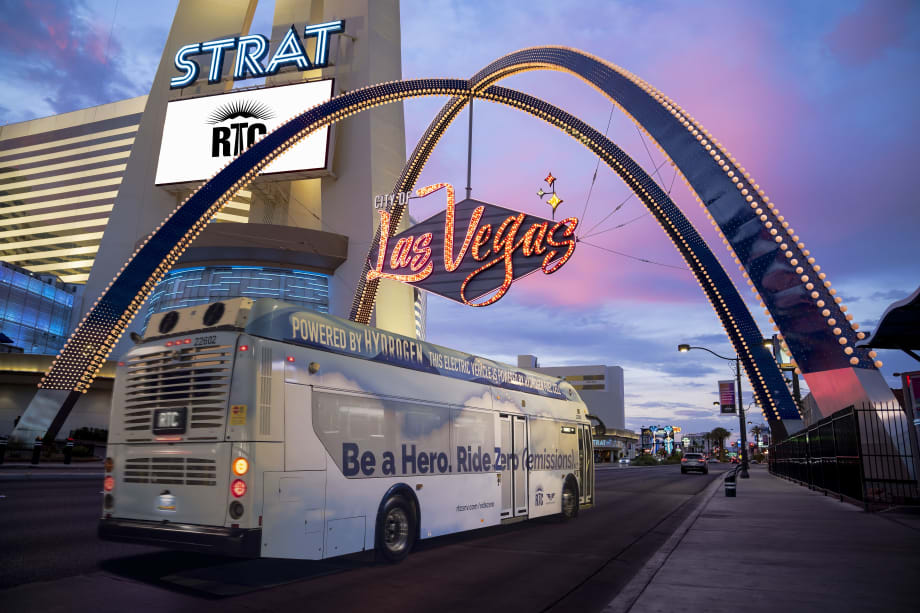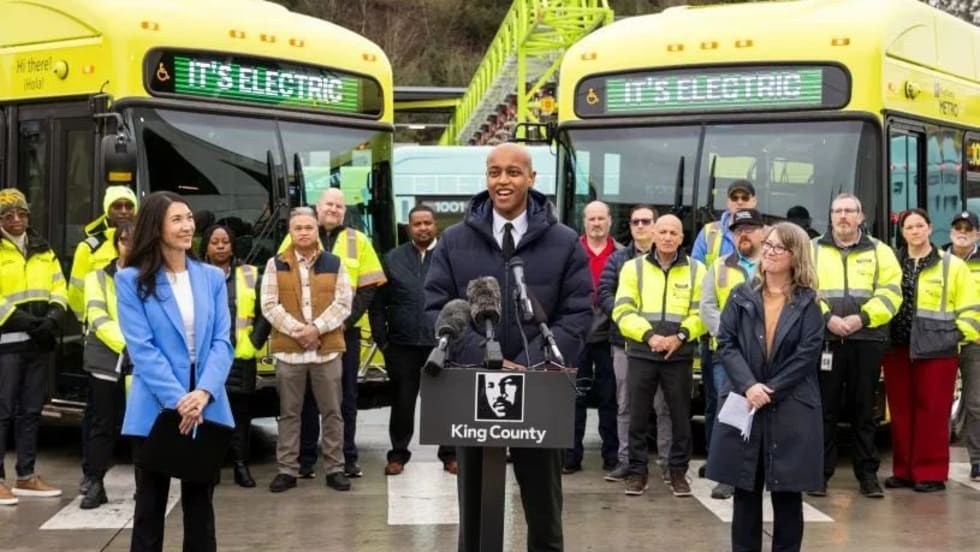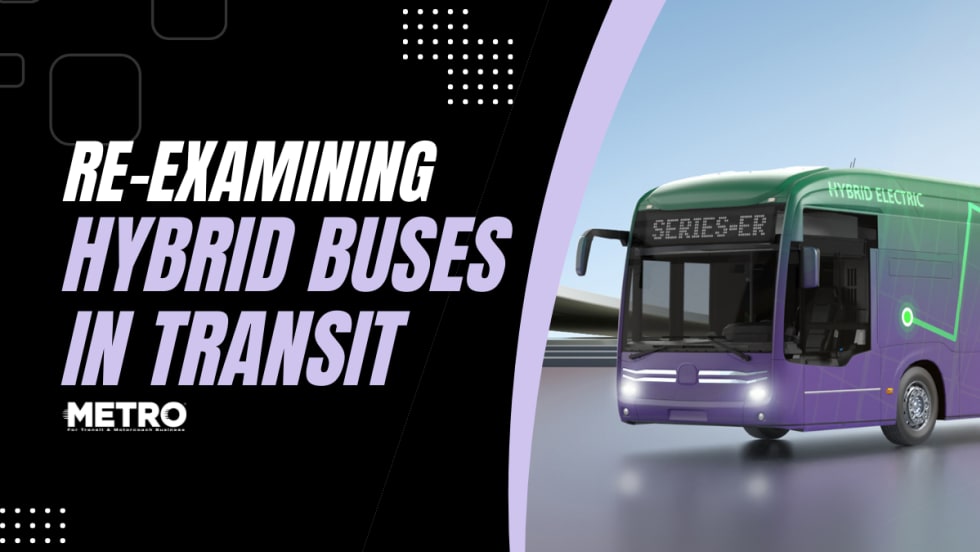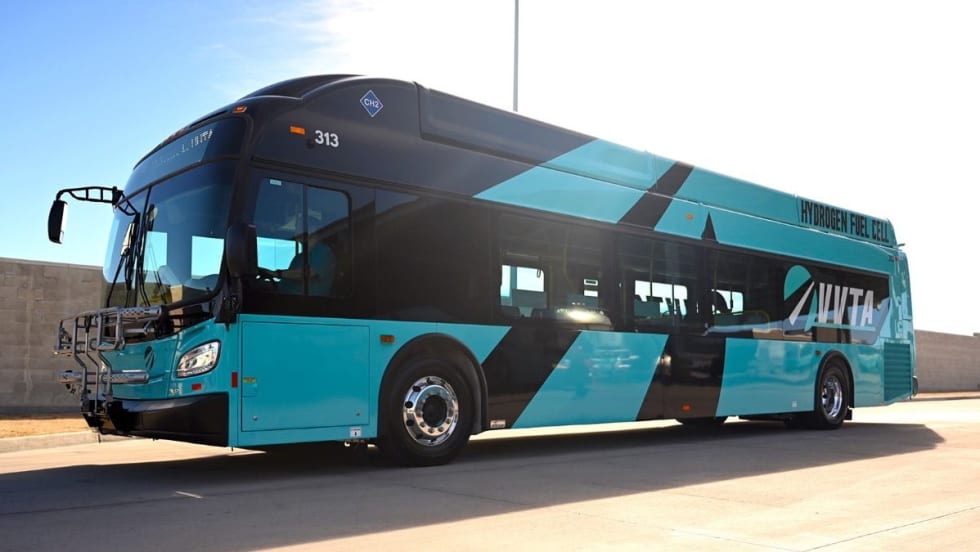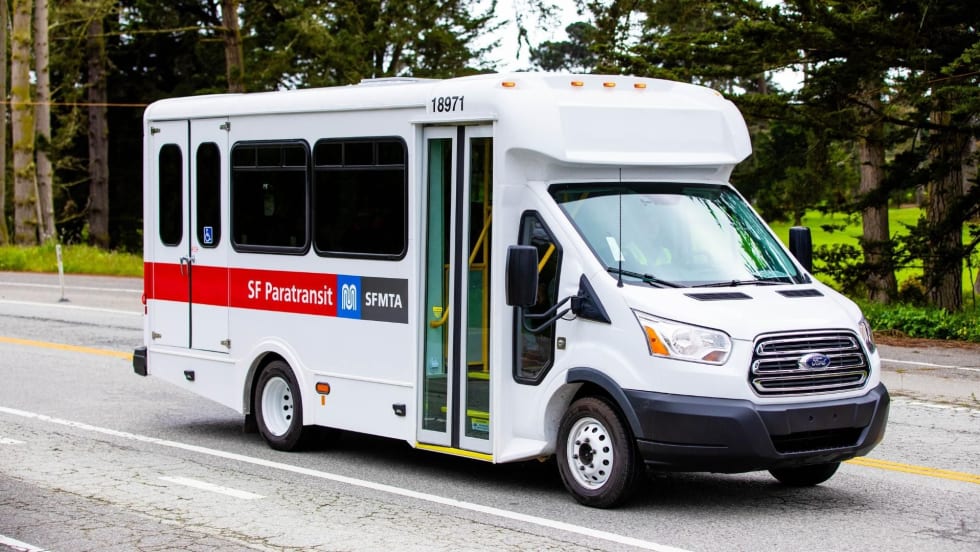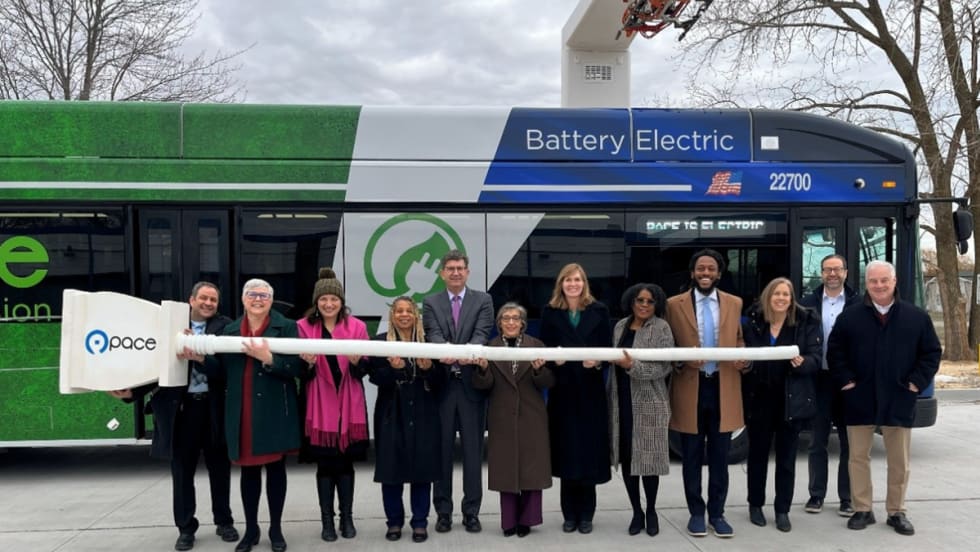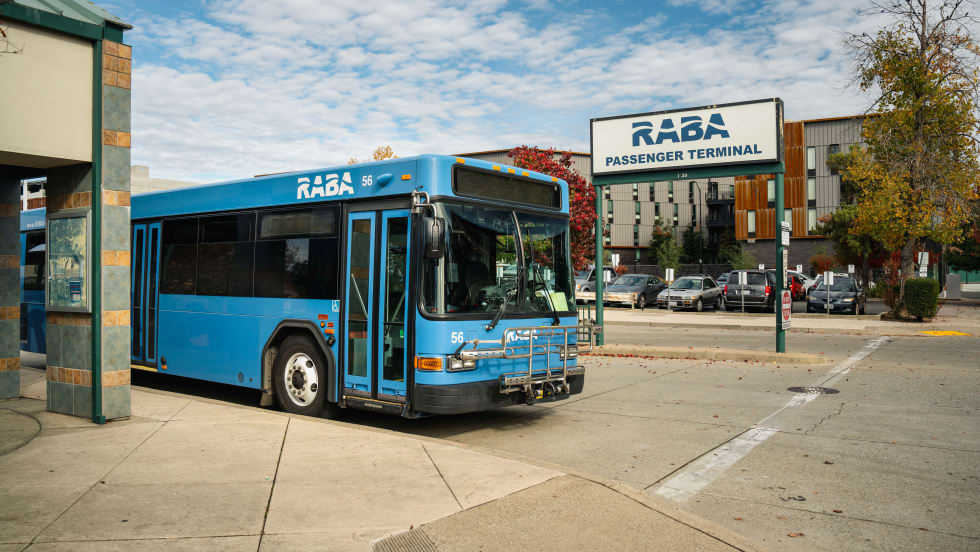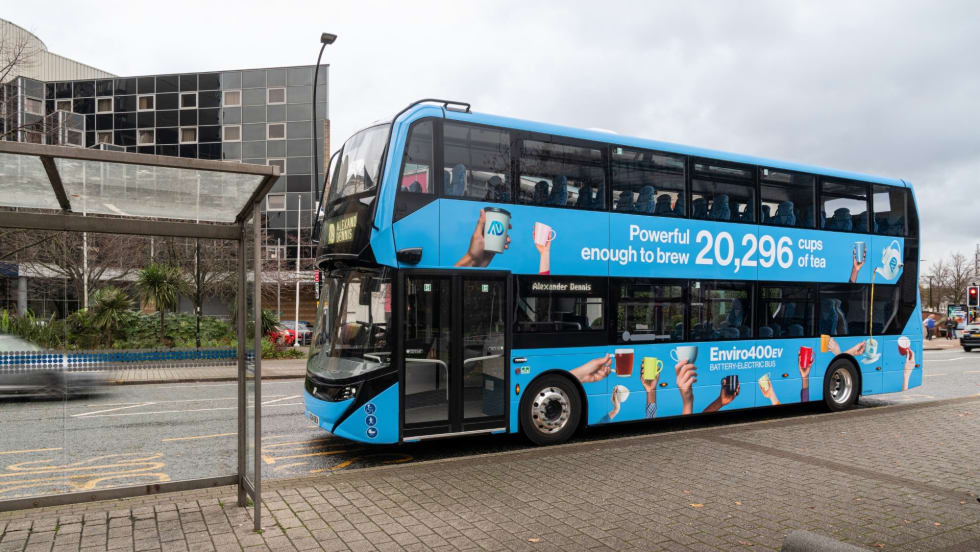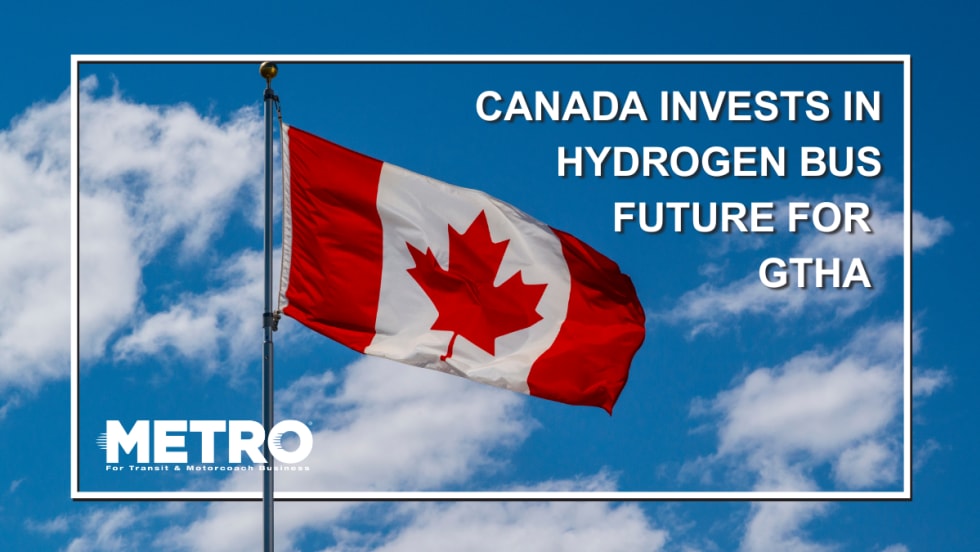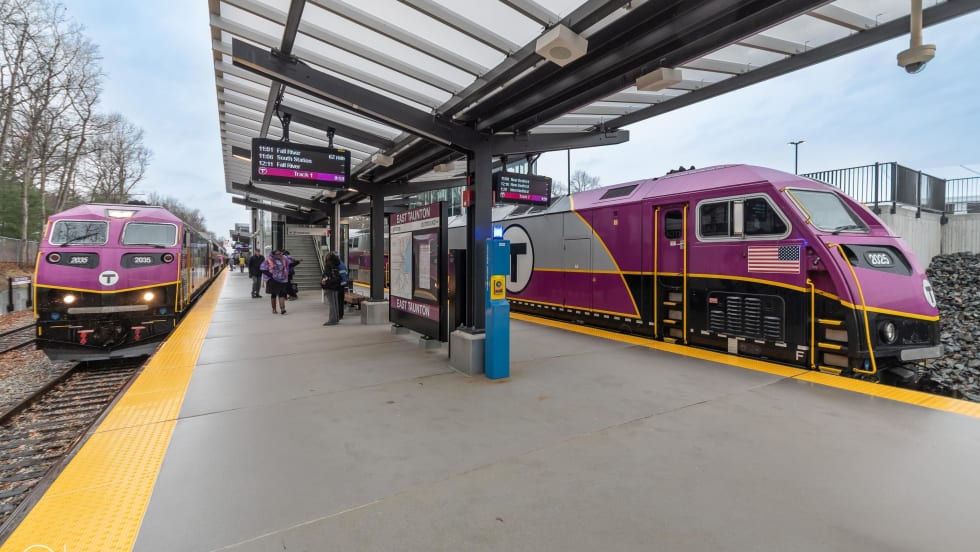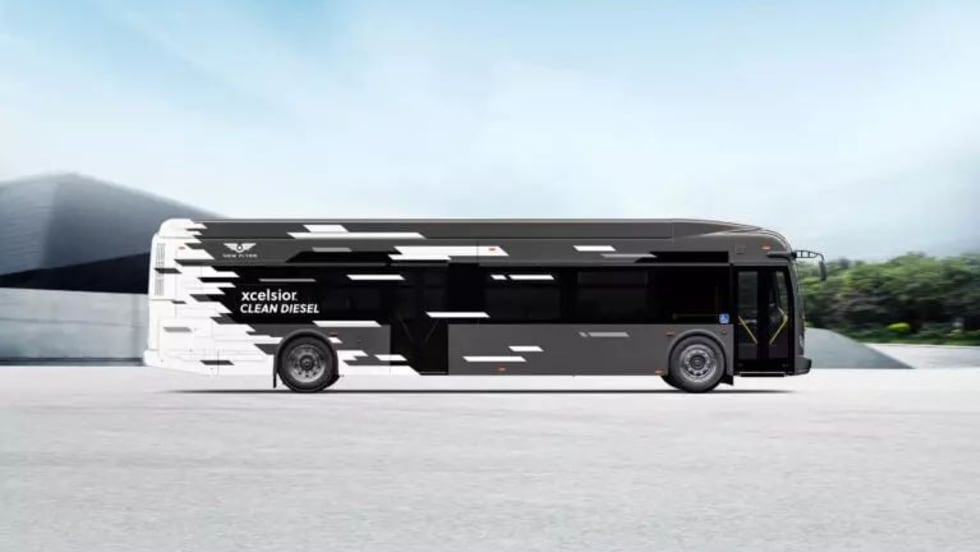The Regional Transportation Commission of Southern Nevada (RTC) announced the addition of two hydrogen fuel cell electric buses to its fleet at a recent celebration.
At the event, which took place at the University of Nevada, Las Vegas (UNLV) Black Fire Innovation, one of the two 40-foot vehicles was unveiled with the help of U.S. Senator Catherine Cortez Masto (D-NV); U.S. Representative Susie Lee (NV-03); Nevada Senate President Pro Tempore Pat Spearman; RTC Chair and Clark County Commissioner Justin Jones and RTC CEO MJ Maynard.
“I launched my Innovation State Initiative to bring new jobs to Nevada and promote emerging clean energy technologies just like these new hydrogen fuel cell electric buses,” said Masto. “These buses are easier to maintain, quieter, and help us combat climate change. I was proud to work with RTC of Southern Nevada to help secure funding to get these new buses on the streets.”
Funding for the Hydrogen Fuel Cell Electric Buses
The technologically advanced vehicles were funded with a $3.8 million Low or No Emission Grant from the U.S. Department of Transportation.
The grant also provides funding to train staff to maintain and operate the new technology.
“As Southern Nevada steers towards a greener future, embracing sustainable transportation options is a responsible environmental choice that drives our community forward,” said Jones. “By investing in sustainable technology, we’re creating green-collar jobs that benefit both our environment and our economy.”
How the Technology Works
The new fuel cell buses are powered by compressed hydrogen gas. The fuel cell combines hydrogen and oxygen to generate electricity through an electrochemical process. The only resulting by-product is water.
This technology has multiple advantages compared to other power sources. Hydrogen fuel cells do not release greenhouse gases and create little to no noise while the bus is idle and in motion.
Fuel cell vehicles can be fueled in less than fifteen minutes and can operate for longer periods of time, which will support the RTC’s operating routes.
“We are extremely grateful to our federal delegation for securing funding for these two hydrogen fuel cell electric buses,” said Maynard. “We have long committed to investment in innovative transit technology to reduce our emissions footprint here in Southern Nevada. This technology, which is new to Southern Nevada, helps address our sustainability goal, including moving toward a zero-emissions fleet.”
Seven additional 60-foot, hydrogen fuel cell buses have been ordered and will be delivered to Southern Nevada in the fall of 2024.




